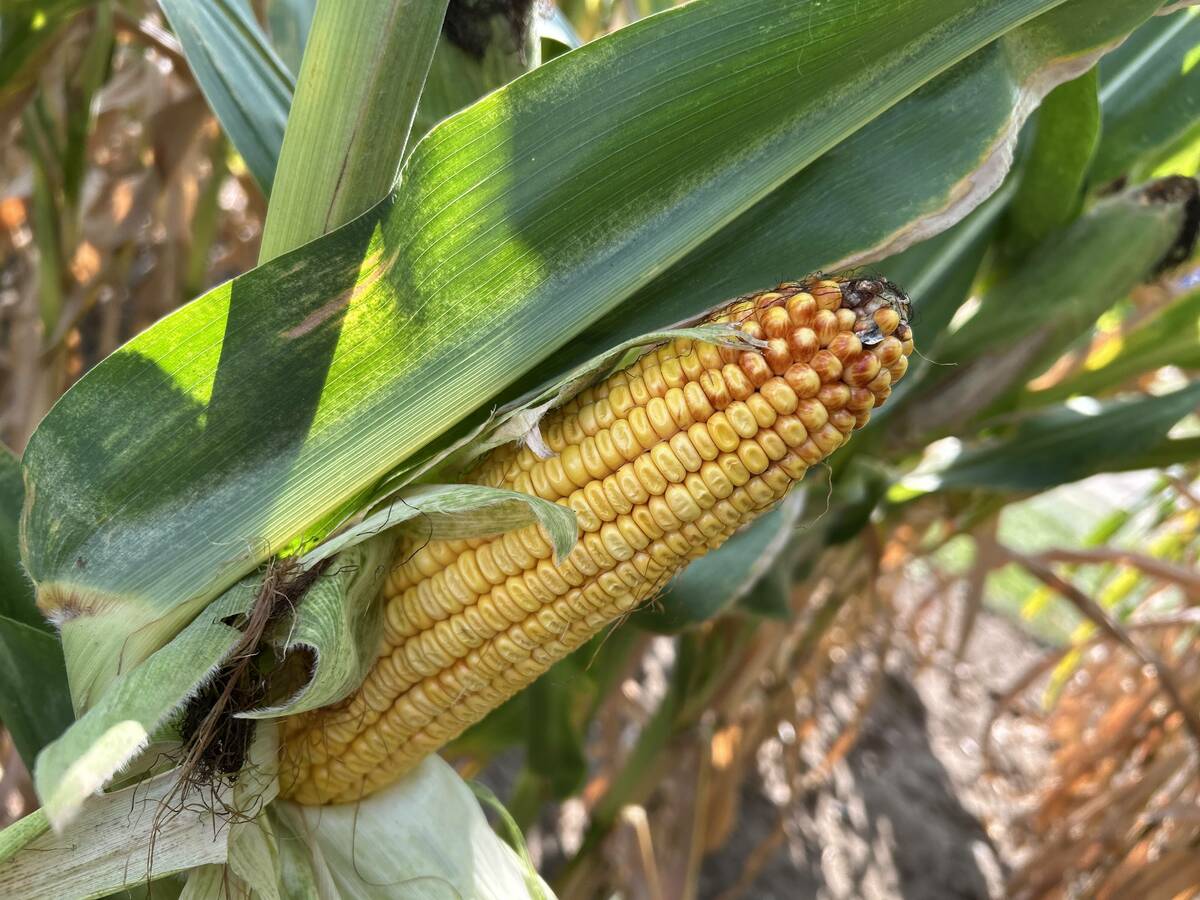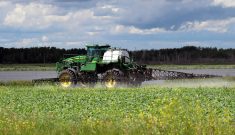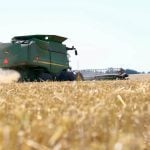The next generation of Saskatchewan farmers were told recently to start small and let their management skills grow alongside their businesses.
“That way, you don’t grow beyond what the management is capable of,” Nova Scotia agrologist Bev Connell said during the Say Yes to Agriculture conference in Saskatoon Feb. 2-4.
He told delegates to the young entrepreneurs conference not to be afraid to try something new on a small scale and build on successes.
Review all the options and work off the farm for a while, Connell said. Gain expertise and experience by working in other areas of a value chain before returning to primary production.
Read Also

Crop estimates show mixed results
Model-based estimates used by Statistics Canada showed the 2025/26 crop year has seen increases in canola, corn for grain, oats and lentils production while seeing dips in spring wheat, durum wheat, soybeans and barley in comparison to 2024/25.
He said that could provide valuable insight that could help back on their farms.
Marketing will be critical to success, Connell said.
“What will separate the average from the top producer is their ability to take advantage of opportunities,” he said.
Being flexible is also important, said Connell, who has dabbled in a host of operations from cattle to consulting.
He and his wife run a farm products store that buys from farmers within a 160 kilometre radius. A wild blueberry cleaning plant will be his next venture.
Today’s young workers are expected to change jobs up to 10 times during their working life, Connell noted.
He questioned the future of commodity agriculture, noting only a few can do well at a business built on large volumes and small margins.
“Unless you’re in the top, you’re not making any money,” he said. “It’s a hard place for a young producer to be.”
Instead, he encouraged “thinking outside the bubble,” taking risks, trying something new and connecting more directly with end customers through new technologies.
“The more direct way they can go and the more value they can add on their farm, the more consumer dollar they can capture,” said Connell.
He advised delegates to consult outside experts and continue to gather together at conferences for a steady exchange of information.
“Producing can be an isolating experience,” he said, citing the shrinking numbers of farmers in Canada.
Bringing young farmers together to network, support one another and expand their knowledge were the goals of the conference, said Lynden Butler, chair of Saskatchewan Young Ag-Entrepreneurs.
He also hoped to add members to the fledgling group, which was formed last year. SYA plans to work with similar affiliates across Canada and the national group, Canadian Young Farmers’ Forum.
“Networking with others in the industry can help you with the challenges you will be facing,” said Butler, an agriculture student who plans to join his family’s hog operation in
Marcelin, Sask., after graduation.
He said new farmers are facing issues their parents never faced and will need new approaches and ideas to go forward.
“There’s endless amounts of information from past farmers, but you have to be able to apply it to today’s agriculture,” he said.
The three-day conference explored value chains, business planning, environmental farm plans, featured presentations by farm producers and related businesses and included sessions from Farm Credit Canada.














